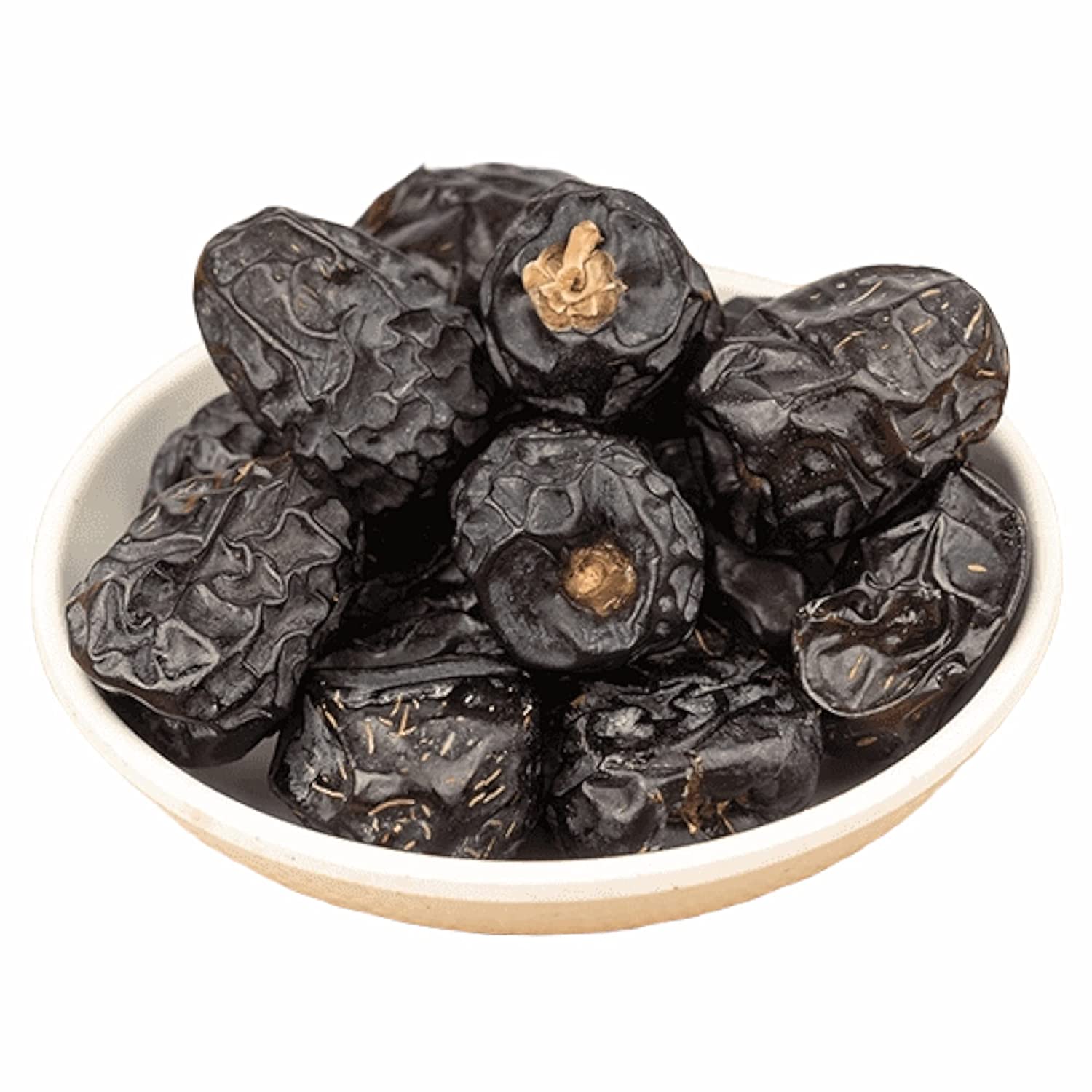Kurma Nabi: the Significance of Dates in Different Cultures

Introduction
In this blog post, we will explore the meaning of Kurma Nabi and delve into the captivating culinary traditions associated with dates in different cultures. Dates hold immense cultural and historical significance, and their use in various cuisines showcases the versatility and importance of this fruit. By understanding the diverse culinary traditions and cultural significance of dates, we can gain a deeper appreciation for their role in different cultures around the world.
What is Kurma Nabi?
Kurma Nabi refers to the dates that are associated with the Prophet Muhammad in Islamic tradition. In many Muslim-majority countries, including Malaysia, the term Kurma Nabi is used to denote the dates that are consumed during religious occasions and commemorations. These dates hold special significance and are often considered symbolic of the Prophet Muhammad’s fondness for this fruit.
Culinary Traditions and Dates in Different Cultures
1. Middle Eastern Cuisine
Dates have a long history of culinary use in Middle Eastern cuisine. They are a staple ingredient in traditional dishes, both savory and sweet. Dates are often included in dishes like stuffed meats, rice pilafs, and salads, adding a touch of natural sweetness and depth of flavor. In Middle Eastern desserts, dates are frequently used as a primary ingredient, such as in date cakes, pastries, and puddings.
2. Indian Cuisine
In Indian cuisine, dates play a significant role, especially during festive occasions. They are used in various traditional sweets and desserts, such as halwa, laddoos, and barfis. Dates are also incorporated into chutneys, relishes, and savory dishes, providing a unique balance of sweetness and tanginess.
3. Moroccan Cuisine
Moroccan cuisine showcases a rich use of dates in both savory and sweet dishes. Tagines, which are slow-cooked stews, often feature dates as a key ingredient. The combination of savory spices, tender meat, and the natural sweetness of dates creates a delightful flavor profile. Moroccan desserts, such as date-filled pastries and cookies, highlight the indulgent and aromatic nature of dates.
4. Malaysian Cuisine
In Malaysia, dates hold significant cultural and religious importance. They are consumed during the breaking of the fast in Ramadan and are an essential part of traditional Malay cuisine. Dates are used in various desserts, snacks, and traditional Malay dishes. They are often incorporated into sweet porridges, cakes, and beverages, offering natural sweetness and a unique flavor.
Conclusion
In conclusion, Kurma Nabi refers to the dates associated with the Prophet Muhammad in Islamic tradition. Dates have a prominent place in culinary traditions around the world, showcasing their versatility and cultural significance. From Middle Eastern cuisine to Indian, Moroccan, and Malaysian cuisines, dates are used in a wide range of dishes, both savory and sweet, adding a touch of natural sweetness and depth of flavor. By appreciating the culinary traditions and cultural significance of dates, we can embrace the richness and diversity of different cultures while enjoying the delicious and nutritious qualities of this remarkable fruit.
Key Highlights:
– Kurma Nabi represents the dates associated with the Prophet Muhammad.
– Dates are used in various culinary traditions worldwide, including Middle Eastern, Indian, Moroccan, and Malaysian cuisines.
– Dates add natural sweetness and depth of flavor to both savory and sweet dishes.
– Dates hold immense cultural and historical significance, symbolizing traditions and religious occasions.
By exploring the culinary traditions and cultural significance of dates, we can expand our culinary horizons and develop a deeper understanding of different cultures. Incorporate dates into your own cooking and explore the multitude of flavors and textures they offer. Enjoy the delightful journey of discovering the diverse world of dates in different cultures!